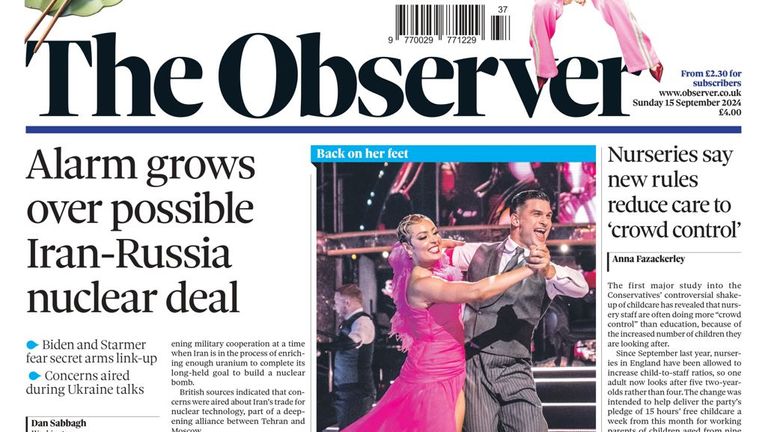Governments were ill-prepared for a new EU plastic packaging tax, the European Court of Auditors said in a report published today (16 September).
Under measures introduced in 2021, member states have to pay €0.80 for every kilogramme of unrecycled plastic packaging waste they produce, but the European Commission needs to ensure calculations and controls are uniform across the bloc, auditors said.
The revenue source helps fund the EU’s budget, worth around €150 billion per year, alongside the customs duties imposed on goods entering the bloc, a portion of VAT, and a separate payment reflecting each country’s GDP.
But there are serious questions about whether statistics underpinning the tax are reliable, the Luxembourg-based Court of Auditors said.
Lefteris Christoforou, the ECA member responsible for the audit, said there were “too many weaknesses” in the way the data was being collected and sent to Brussels.
“We therefore ask the European Commission to fix it immediately and to capitalise on the lessons learned when potential future sources of EU revenue are being prepared,” he said.
Only five member states had correctly transcribed the 2018 update of the EU packaging legislation into national law, meaning the other 22 faced legal action from the EU executive.
But problems remain, even in matters as basic as how to define “plastic” and “packaging”, the auditors said.
A further overhaul to centralise the legislation, agreed in March but yet to take effect, still won’t solve all the problems identified, said Jose Parente, who led the audit.
The transition to a directly-applicable regulation “will not tackle the number of controls that are carried out on the effectiveness of recycling operations,” Parente told Euronews. “Even though some of the member states were compliant, they were still not applying [the rules] in a harmonised way, and that's not necessarily solved by the implementation of the regulation.”
Shortcomings in calculating waste volumes and recycling rates likely led to a budget revenue shortfall, but Parente said he’d found no evidence member states were knowingly under-reporting plastic waste.
While it took two years to finalise data, the €5.9bn netted in 2021 was found to be short of estimates by some €1.1bn, meaning future contributions had to be adjusted upwards.
Last year, revenue from the plastic levy reached €7.2bn, or 4% of the EU budget for the year, the report said.
Crime wave
Auditors have previously warned EU recycling targets could encourage criminal gangs to step up illegal dumping, and EU police agency Europol has apparently confirmed an uptick.
“There are several [cases] of plastic that was declared as recycled and found in landfill or incinerated,” Parente said, adding he couldn’t estimate the overall scale of the problem.
“The Commission should assess the risk and take the necessary actions to mitigate it,” Parente said, with the EU executive asked to improve its monitoring by 2027.
The Commission also needs to set out the rules on using production data rather than metrics on waste streams, as this can lead to major data discrepancies, auditors said.
In its response to the report, the Commission said it was “well aware of the needs to improve data comparability and reliability” and that a new methodology would be in place by 2026, though it argued some shortfalls were due to governments’ rapid adoption and retroactive application of the new levy.
But the EU executive said rules set out by governments themselves limit its inspection powers, preventing it from checking if waste is actually being recycled.
“Only member states can perform audits or checks that mitigate those risks,” the Commission said in a written response to the ECA.
Disclaimer: The copyright of this article belongs to the original author. Reposting this article is solely for the purpose of information dissemination and does not constitute any investment advice. If there is any infringement, please contact us immediately. We will make corrections or deletions as necessary. Thank you.



